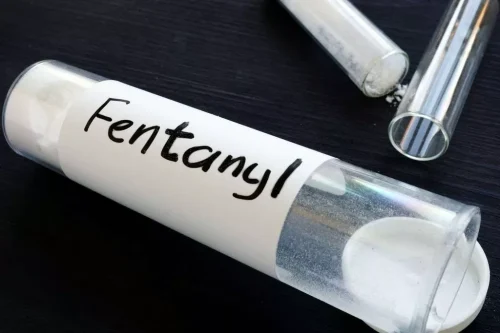
Poor nutrition in recovery can serve to exacerbate pre-existing health concerns. Recognizing the potential influence of sugar cravings on your recovery journey anchors your commitment to overall healthier habits and favorable recovery outcomes. In pairing awareness with professional assistance, you equip yourself with the necessary support to tackle any sugar cravings head-on and stay steadfast on your road to sobriety. An uncontrolled sugar habit not only potentially derails your sobriety efforts but can also lead to health issues like weight gain, diabetes, and heart disease. Adapting a healthy, balanced diet can help regulate your sugar intake, ensuring a more successful recovery.
What foods and vitamins are beneficial for recovering alcoholics?
Alcohol increases insulin secretion and prevents the liver from releasing glucose, causing heavy drinkers to be susceptible to hypoglycemia. Both alcohol and sugar throw a party for your brain’s reward system, but secretly do alcoholics crave sugar they also have a tumultuous affair with your blood sugar levels. Depending on your drink of choice, alcohol can be rife with simple sugars and rapidly absorbed carbohydrates, boosts your blood sugar levels swiftly.
How long will my cravings last?
Seeking support from peers, friends, family, or support groups can provide invaluable encouragement and accountability in navigating sugar cravings. Discover effective strategies, therapy options, and building a support system for recovery. Unveiling in-network options, mental health and substance abuse coverage. Professional guidance and a healthy diet can support your recovery by replenishing nutrients and reducing withdrawal symptoms. For those struggling with weight-related issues, a combination of regular physical activity and a balanced diet can promote weight management and improve overall fitness.
- Consuming alcohol and sugar together might feel like it diminishes feelings of drunkenness.
- It’s important to note that these psychological factors are complex and can vary from person to person.
- These emotional states can amplify the desire for sugar, as it provides a temporary sense of comfort and relief.
- With repeated exposure, individuals may require higher amounts of sugar or alcohol to achieve the same pleasurable effect.
Dietary Impact on Recovery
So, I reached out to two psychiatrists who specialize in alcohol addiction for some intel on the physiological and psychological factors at-play. Alcoholism, also known as alcohol use disorder (AUD), is a chronic condition characterized by an inability to control or stop drinking despite negative consequences. It is a complex disease that can have severe physical, psychological, and social effects on individuals.
Sugar Cravings after Quitting Alcohol: 10 Dietitian-Approved Tips

Craving, tolerance, withdrawal and sensitization have been documented in both human and animal studies. In addition, there appears to be cross sensitization between sugar addiction and narcotic dependence in some individuals. In the last two decades research has noted that specific genes may underlie the sweet preference in alcohol- and drug-dependent individuals, as well as in biological children of paternal alcoholics. There also appears to be some common genetic markers between alcohol dependence, bulimia, and obesity, such as the A1 allele gene and the dopamine 2 receptor gene.

Some people notice they overcome their cravings by not immediately “feeding” them. Understanding the causes behind “why am I shaking after drinking?” Explore symptoms, management, and seeking help. Greek yogurt is a protein-packed option that can be https://ecosoberhouse.com/ enjoyed plain or with added fruits for natural sweetness. It provides a creamy texture and can be a satisfying alternative to sugary desserts. Herbal teas, such as chamomile or peppermint, can be a soothing and sugar-free option to satisfy cravings.
Finding Good Drug Treatment Centers
The Link Between Alcohol and Sugar Cravings
- To compensate for this reduced sensitivity, the brain may seek alternative ways to experience pleasure and reward.
- By addressing nutritional deficiencies, adopting a balanced diet, and managing sugar intake, individuals can better navigate the challenges of cravings during their recovery journey.
- To understand this phenomenon, it’s crucial to delve into the effects of alcohol on brain chemistry and the role of dopamine in the occurrence of sugar cravings.
- Understanding the reasons behind sugar cravings in recovering alcoholics involves exploring various behavioral patterns that contribute to this phenomenon.
Understanding Cravings in Recovery